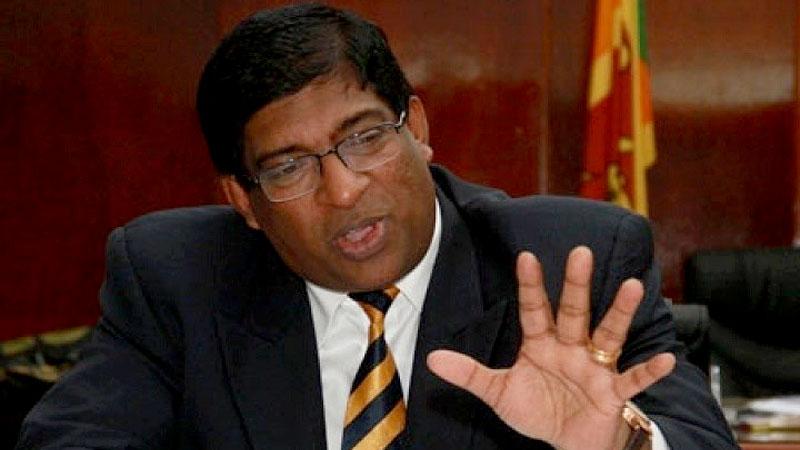
The Government hopes to bring in new legislation in the first quarter of next year to manage the entire public debt, running to over Rs. 9 trillion at present, Finance Minister Ravi Karunanayake said.
He said the public debts would be closely monitored and controlled on a day-to-day basis under the new legislation.
“Given the complexities and the scale of debt, the task of managing debt is no doubt going to be very challenging in the days to come. The country’s debt management responsibilities are shared by the Central Bank, General Treasury and Department of External Resources. That arrangement was good when the debt was only a few billion rupees. It is difficult now,” he said.
The minister making the winding up speech of the second reading of ‘Budget 2017’ in Parliament on Friday, said the new legislation would look into institutional arrangements, long term debt program, settlement instruments, debt market development, etc. “The Ministry of Finance is working on this,” he said. Outlining the ‘debt market’ proposed under the new legislation, Finance Ministry Secretary Dr. R. H. S. Samaratunga said it would be a separate entity like the bond market, share market and the commodities market.
“Many developed countries and developed market economies including Singapore have a ‘debt market’. It is a financial market where the participants are provided with the issuance and trading of debt securities. Not only Government participants but anybody who wants to raise money through debt instruments like through debentures will be benefited,” he explained.
The Ministry Secretary said the Government is looking at developing the capital market, which has a variety of markets including debt market, share market, commodities exchange, and unit trusts. “We need a good program to manage the debt in this country. Otherwise we all will be drowned in this debt. It is a huge task and responsibility. There are recorded and unrecorded debts, loans raised by various government agencies and loans that they cannot settle, commercial and other loans, contingent liabilities like in Sri Lankan Airlines. We need to look into this area in a very broad perspective. That is why we need a separate piece of legislation and organizational arrangements,” he said. The Secretary said an expert committee to assist the drafting of legislation would be appointed soon. “Discussions are going on and the legislation is in draft form.
We have to look at the experience of other countries. We have the Foreign Loan Act of 1967 and that is the only law directly relevant to this area at present. It spells out how to raise and account the foreign loans.
Back in the 1960s the loans were just a few millions, but now the situation has changed dramatically,” he said.
